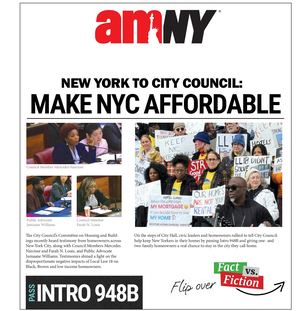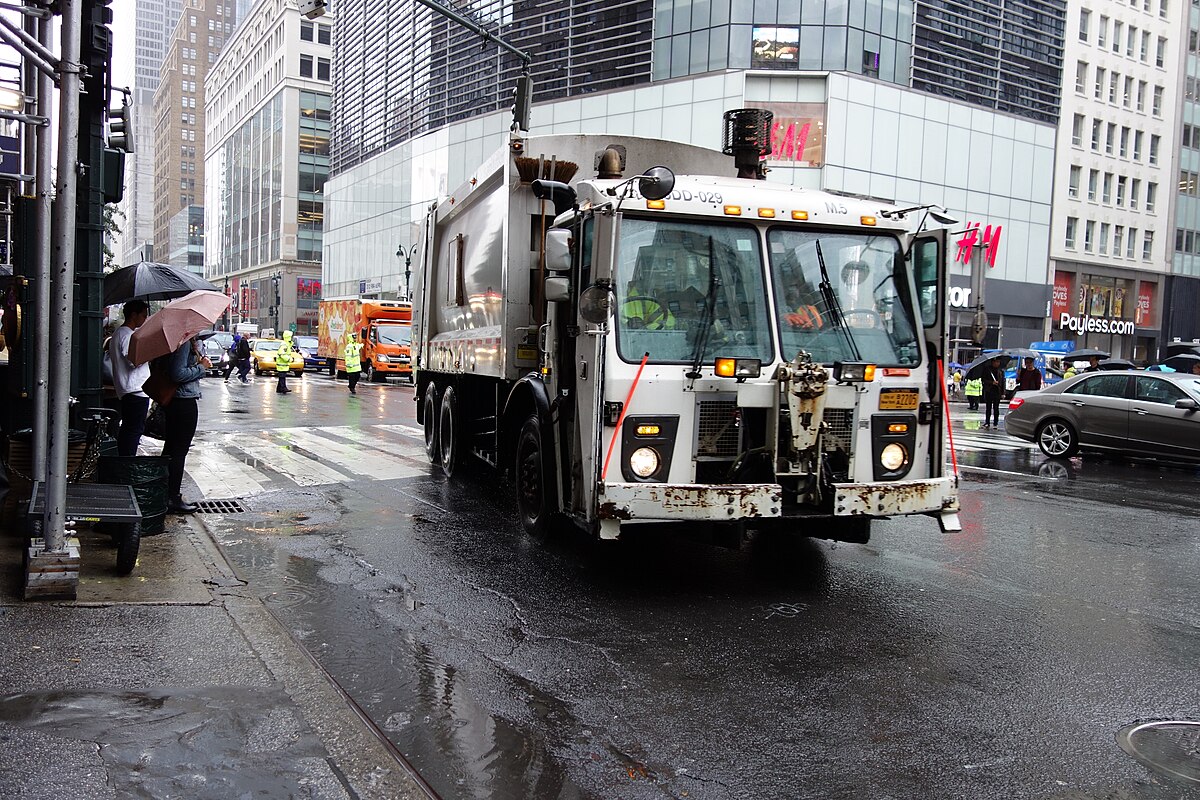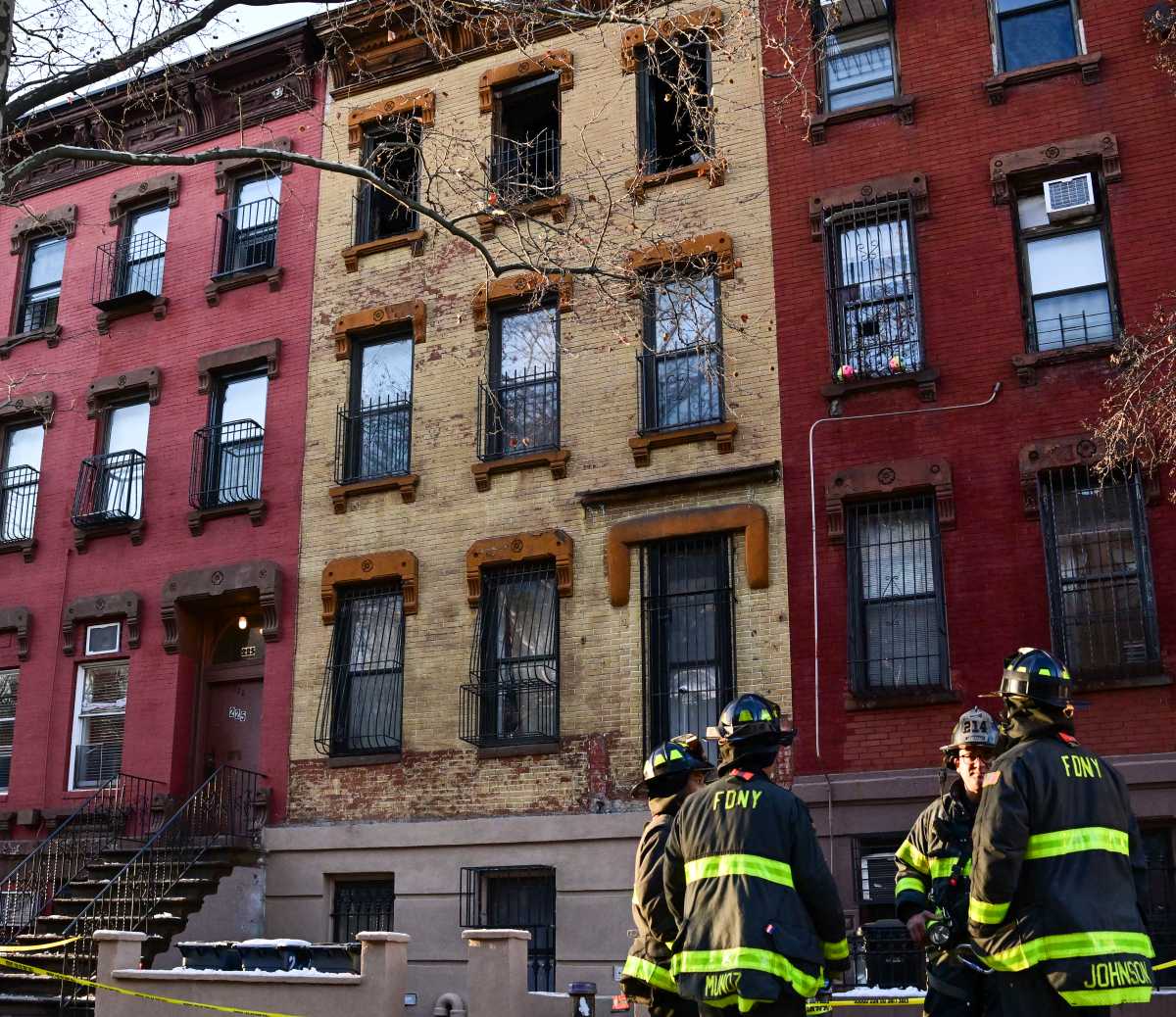The Adams administration says it has fully converted its heavy-duty vehicle fleet to “renewable” diesel fuel, but environmentalists question the actual impact it will have on the city’s carbon footprint.
Mayor Eric Adams said Thursday that the fueling transition, started last September, had been finished on all 12,500 of the heavy-duty vehicles in the city fleet, such as garbage trucks, fire trucks, and ambulances.
“Building a safer city also means protecting New Yorkers from the dangers posed by carbon emissions and climate change,” Adams said in a statement. “Transitioning our entire heavy-duty fleet to renewable diesel is an important step on our path to carbon neutrality and a clear indication of our commitment to a cleaner, greener New York City.”
City Hall said in a press release that New York is the first city in the nation to fully make the transition, and contends the move will cause municipal government to emit 162 million fewer pounds of carbon dioxide per year.
But not everyone is hot on renewable diesel, which is produced using oils from agricultural products such as soybeans or corn. Even if this diesel version is renewable, environmentalists say it may not be that clean.
By definition, agricultural products require agricultural production, which is a highly carbon-intensive process. Using crops for energy requires cultivating a lot more land for agriculture, clearing land of trees and other vegetation that suck carbon dioxide out of the atmosphere.
“It’s simply trading off where pollution is happening,” said Elizabeth Moran, New York policy advocate at Earthjustice. “The vehicles might pollute less … but the emissions are negated by other aspects of the process to create renewable diesel.”
In 2021, a study commissioned by the New York State Energy and Research Development Authority (NYSERDA) found renewable diesel emits slightly less harmful particulate matter (PM2.5) when used in older off-road vehicles compared to fossil diesel, but made little to no difference in on-road or newer off-road vehicles.
Moran argued that emissions reductions would be more significant by electrifying the city’s vehicle fleet.
The Department of Citywide Administrative Services (DCAS) reported in May that it has reached 5,000 electric vehicles in its 28,500-strong fleet, and aims to reach 6,000 by the end of next year.
Read More: https://www.amny.com/nyc-transit/





































